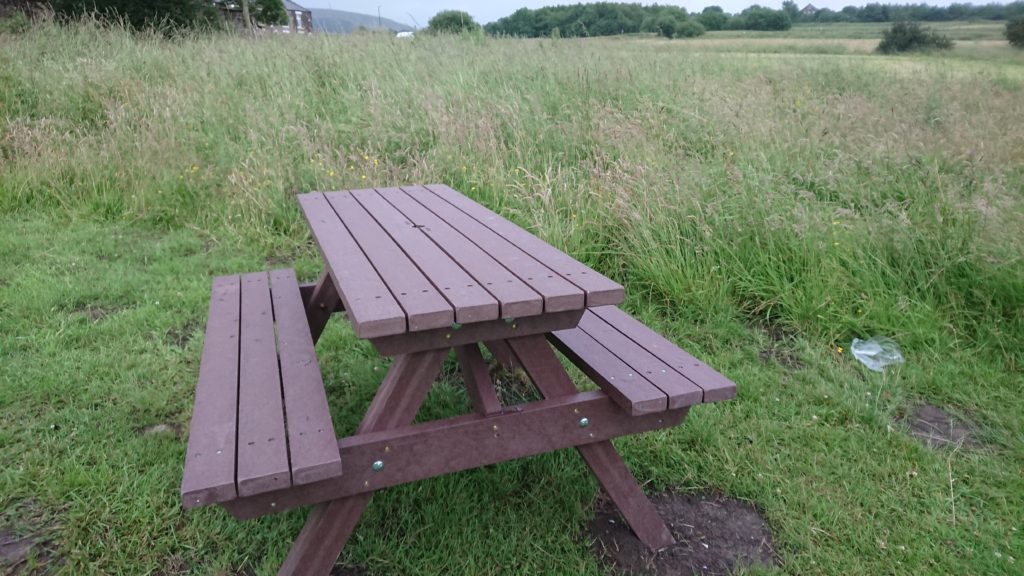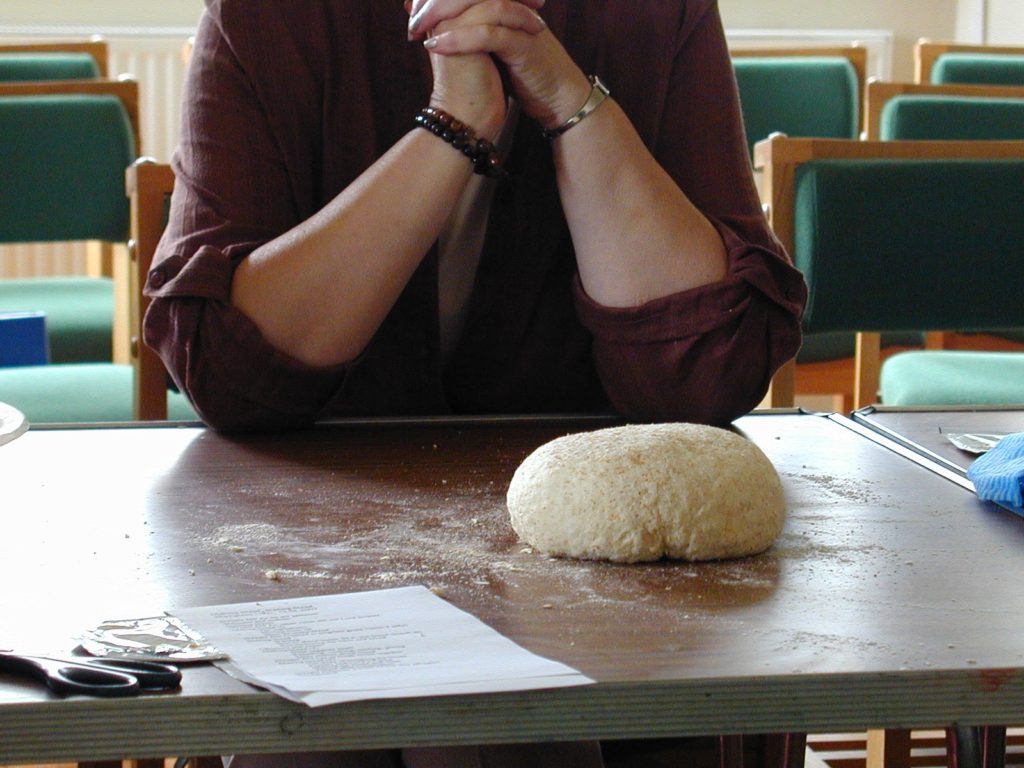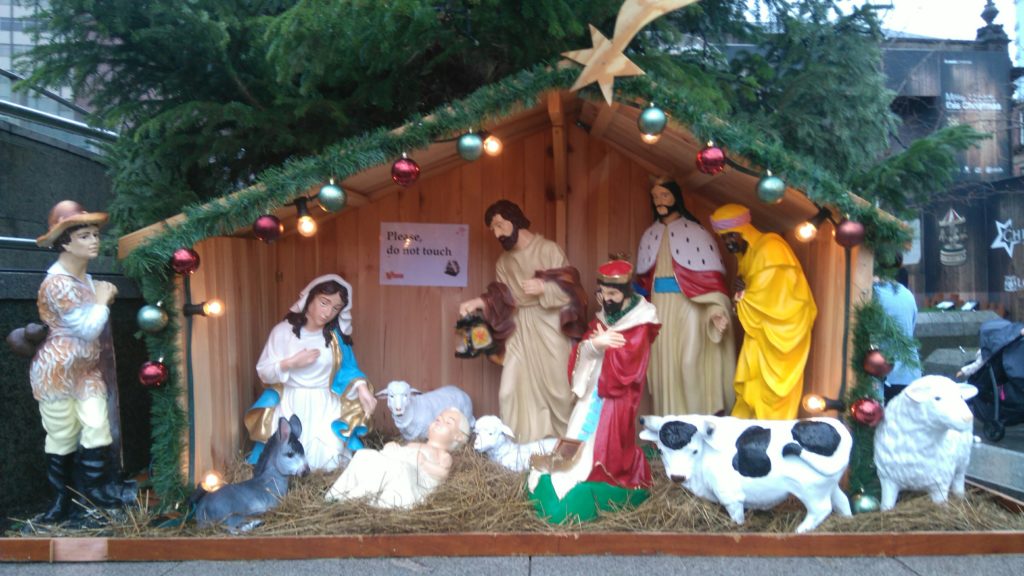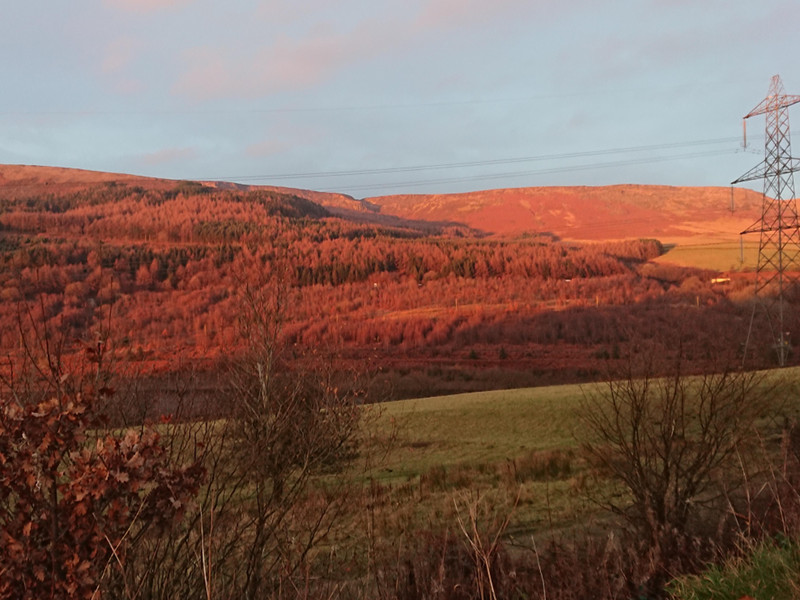Dear Benedict,
When I think about putting your rule into practice today, it sometimes seems too complicated. All 73 chapters are about how to live in community. It’s a daunting prospect. Would you suggest a top ten perhaps? Most days I barely scratch the beginning and end: ‘Listen’ and ‘try not to be discouraged’ (my remembered versions).
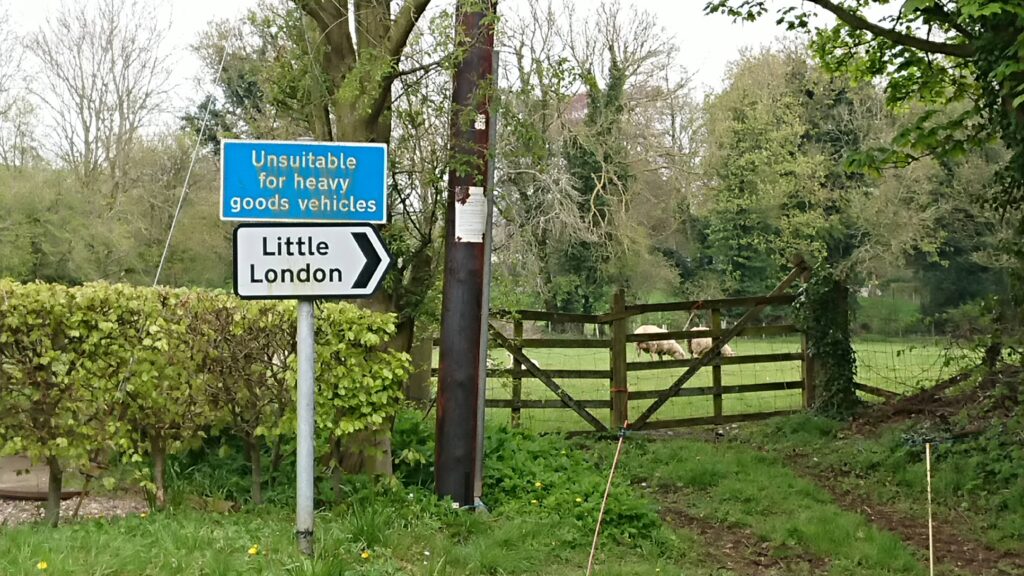
This is partly because my usual companion is the remembered bible, rather than the remembered rule. The bit I’m thinking of today is about bearing each other’s burdens. We developed some strange ideas in the 21st century and one of them that has caught hold and will not seem to let go, is that as we age we become a burden.
We don’t. We are never that. We need a major reboot here.
What becomes tough, daunting, frustrating, can be re-balanced if we can only think of sharing the load, standing by each other, giving a hand. Of course the complexity of our lives has made that harder. Everyone needs to work, and often at several jobs, to maintain the expected multi-holiday, big car, comfortable house, lifestyle that is advertised in our celebrity endorsing, selfie-society.
I haven’t seen a dentist in over five years. There are no NHS dentists in the area where I live or in many other parts of the country. Is this because the NHS has failed. No, it’s more complicated than that. The best dental service I ever received was from the students at the dental hospital (that was years ago now). Yet, even then it was clear that one of the motivating factors for some students was the high salaries they believed they could and should command.

Too many of the people not now able to afford dentistry are now in the grip of the worst post-war poverty epidemic we have yet seen in this country. There’s a two child limit on family financial help via child allowance and too many families are having to rely on food banks.
My first profession was as a speech therapist in the NHS. Even then it was hard to find speech therapists, and sometimes waiting lists were very long. Once again you could look to pay for private speech therapy but it’s not a part of the profession I ever went into. I learnt at a young age to give stuff away and most of all to give away my time. I didn’t get my first paid job until I was 18 and that was as an au-pair. During my adulthood I’ve often worked for nothing, volunteered for stuff, had unpaid roles one way or another. I don’t have a large income, because I’m a woman born in the 1950s so I don’t get my pension until I’m 66. But I still have enough to give my time and efforts to other people, make soup, sew up things, visit people.

I’m fortunate that is the case but it does puzzle me what multi-millionaires think they will need all that money for….Or even why ordinary people get hooked into the must have this or that culture. Later today, I hope I will put my walking boots on and walk up the valley. I’ll see some birds, plants and maybe something unexpected. It will cost me nothing.
If you want to live with the Risen Christ, think about how you can take life beyond the restrictions and false attractions of a culture that promises much but delivers so little. Think about how you can be part of a community that ‘shares each others burdens’. It seems to be a somewhat counter cultural way of life now in a context in which everything costs more and the fear of having nothing dominates the richest, while the poor have to scrap by on several low paid jobs and a bag of free groceries.

If there’s a rule it should be ‘Let no one go without what they need to thrive’.
From my remembered bible: ‘Jesus said ‘I have come so you might have the fullest life possible’.
Show us how to bear each others burdens.
Janet lees, Friend of Scholastica, living in Longdendale. Easter Sunday 2024.

